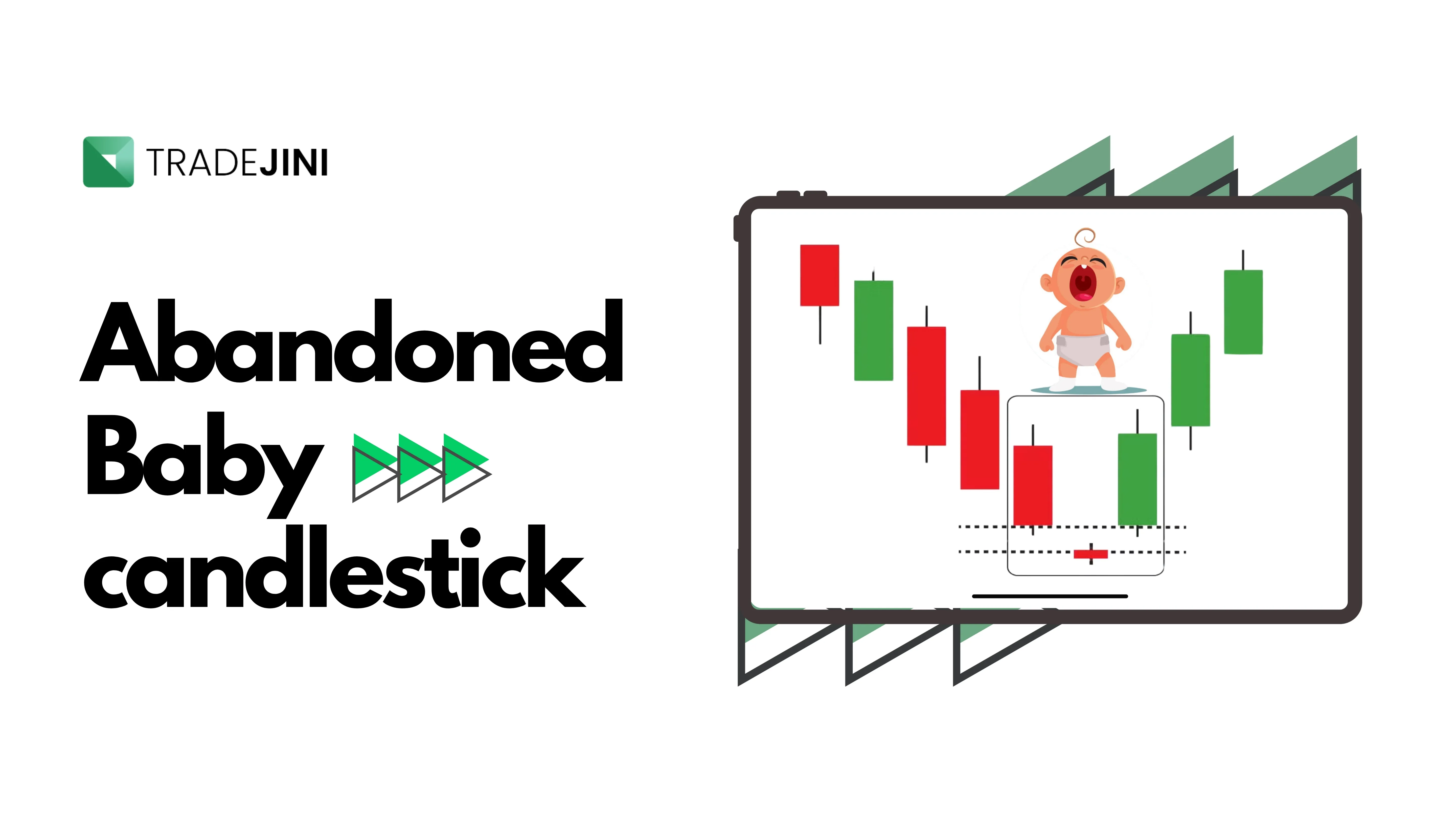Exploring Different Kinds Of Bonds in India
Exploring Different Kinds Of Bonds in India
A bond is a fixed-income instrument that is a type of debt that involves the issuer borrowing some money from an investor and, in exchange for doing so, rendering a promise to pay back the principal amount at a specific maturity date while also paying interest obligations (coupon payments) occasionally throughout the life of the bond, making it more interesting for people who crave for steady income or income that is considered safer in comparison to shares. A bond is like a loan you give to a company or the government. In return, they promise to pay you regular interest—often called coupon payments—and return your original amount (the principal) when the bond reaches its maturity date. For many investors, especially those who prefer safety and predictability, bonds offer an appealing way to earn income without the wild swings you might see in stocks.
Types of Bonds in India
Bonds in India come in a variety of forms, each with its features and risk levels. Let us break them down:
1. Government Bonds – Stability and Security
Treasury Bills (T-Bills):
- Short-term securities, usually maturing in less than a year.
- Highly liquid and considered almost risk-free.
Government Securities (G-Secs):
- Long-term bonds issued by the central government or states.
- Maturities range from 5 to 40 years and are backed by the government’s sovereign guarantee.
Government Securities (G-Secs):
- Long-term bonds issued by the central government or states.
- Maturities range from 5 to 40 years and are backed by the government’s sovereign guarantee.
Inflation-Linked Bonds:
- These adjust with inflation, protecting your returns from the eroding effects of rising prices.
- They generally offer lower interest rates compared to traditional bonds.
Sovereign Gold Bonds (SGBs):
- A smart alternative to owning physical gold.
- Interest payments and the bond’s value are linked to the price of gold, combining stability with the appeal of gold investment.
Note: New issuances were discontinued after the final tranche closed in September 2022.
Corporate Bonds – Higher Returns, But Higher Risk
Secured vs. Unsecured Bonds:
- Secured bonds are backed by assets, offering extra protection.
- Interest payments and the bond’s value are linked to the price of gold, combining stability with the appeal of gold investment.
Secured vs. Unsecured Bonds:
- Secured bonds are backed by assets, offering extra protection.
- Unsecured bonds (debentures) depend solely on the issuing company’s creditworthiness.
Convertible Bonds:
- These allow you to convert your bond into equity shares at specific times, giving you a chance at capital gains if the company performs well.
Callable and Putable Bonds:
- Callable bonds can be redeemed by the issuer before the maturity date, typically when interest rates drop.
- Putable bonds let you sell the bond back to the issuer before it matures.
High-Yield Bonds:
- Issued by companies with lower credit ratings.
- They pay higher interest rates to compensate for the increased risk.
3. Municipal Bonds – Funding Local Development
- Issued by local government bodies to fund infrastructure projects like roads and water supply systems.
- They carry a bit more risk than central government bonds but can offer attractive returns while supporting community development.
4. Asset-Backed Securities – Bonds Backed by Loans
-
These bonds are secured by a pool of assets such as home loans or credit card receivables.
-
Mortgage-backed securities are a common example, where returns depend on mortgage repayments.
How Do Bonds Work in India?
It’s pretty straightforward:
- Issuance:
Bonds are first issued in the primary market, where you can subscribe to them directly.
- Trading:
Once issued, you can also trade bonds in the secondary market if you decide you want to liquidate your investment before maturity.
- Interest Payments:
Bonds pay periodic interest (coupons), typically on a quarterly, semi-annually, or annuallly basis.
- Maturity:
When the bond matures, the issuer repays the principal amount to the bondholder.
How to Invest in Bonds
There are a few ways to add bonds to your investment portfolio:
-
Direct Purchase: Open a Demat account and buy government securities directly on platforms like NSE’s “NSE goBID” or BSE’s “BSE Direct.”
-
Brokers: You can also work with brokers who offer insights into market conditions and help you select bonds that match your investment strategy.
Advantages and Considerations
Bonds are a cornerstone of fixed-income investments, especially for those who prefer lower risk. However, keep in mind:
-
Risk vs. Return: Bonds are generally safer than stocks, but they aren't without risks—especially corporate bonds, which can be affected by credit risk.
-
Interest Rate Sensitivity: Bond prices and interest rates move inversely. Rising interest rates can decrease the value of your bond investments.
-
Inflation: Inflation can erode the purchasing power of the fixed returns you receive.
Conclusion
Bonds in India offer a spectrum of investment options—from the rock-solid security of government bonds to the potentially higher returns of corporate bonds, municipal bonds, and specialized securities like green bonds. Whether you’re looking for a steady income or aiming to save on taxes, understanding the different types of bonds and how they work is key to incorporating them effectively into your investment strategy. Invest wisely, do your homework, and don’t hesitate to consult a financial advisor if you’re unsure. Here’s to building a stable and rewarding investment portfolio—one bond at a time!
_11zon.webp?alt=media&token=bd974821-aee4-43a5-b467-01d1a67a570b)
_20_11zon.webp?alt=media&token=6659b2e6-927e-42de-8375-e227e579f556)
_11zon.webp?alt=media&token=a8f3f55c-dc70-4d42-844e-6874ceff69ce)
_11zon.webp?alt=media&token=a05d2324-cace-44ed-a35f-50f9e63be9c3)
_11zon.webp?alt=media&token=14cd8f87-8add-49ce-84f1-ca07a0c52b0c)



